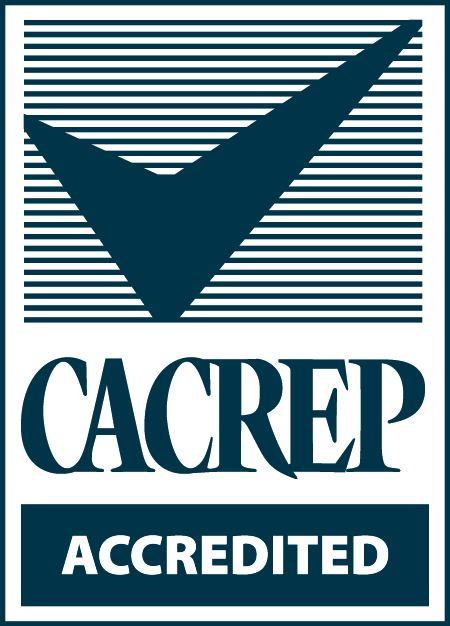The program aims to equip aspiring school counselors with the knowledge and skills needed to make a positive impact on K-12 students' academic, personal, and career development.
IU Indianapolis' program emphasizes a comprehensive approach, integrating theory with practical experience. The curriculum is designed to prepare counselors for the diverse challenges they may encounter in educational settings.
The curriculum covers a range of topics, including counseling theories, group dynamics, career development, and ethical practices. It also includes supervised field experiences to ensure hands-on learning.
Graduates from IU Indianapolis' program can pursue careers in various educational settings, including public and private schools. They may work with diverse student populations, addressing academic, social, and emotional needs.
Yes, IU Indianapolis' School Counseling Program is accredited by CACREP. Accreditation ensures that the program meets rigorous standards and prepares students for the challenges of the counseling profession.

IU Indianapolis provides a range of support services, including academic advising, career counseling, and opportunities for professional development. The faculty is dedicated to fostering a supportive learning environment.
Practical experience is a crucial component of the program. Students engage in supervised internships and field experiences to apply theoretical knowledge in real-world counseling situations.
It takes 3 years to complete while taking 3 courses per semester mostly online and 2 courses over the summer. This is the average time for any accredited program. You can complete the program at a part-time pace based on your needs.
No. You do not need an education or teaching degree. You are eligible to apply with any type of degree.
You need at least a 3.0 GPA to apply, however, exceptions are made based on past experiences due to developmental experiences.
Yes. You can start working before completing your degree. In fact, over 70% of our students start working or are actively recruited while or before completing their Practicum and Internship clinical experiences.
General School Counseling
Frequently Asked Questions
School counselors play a vital role in supporting students' academic, social, and emotional development. They provide counseling services, assist with academic planning, and help students navigate personal challenges.
No, school counselors work with all students, addressing a wide range of needs, including academic achievement, career exploration, and personal development.
The field has evolved to encompass a more holistic approach, recognizing the interconnectedness of academic, personal, and career development. School counselors now focus on promoting overall student well-being.
Current trends include a focus on mental health, diversity and inclusion, technology integration in counseling services, and the use of data to inform decision-making.
Licensing requirements vary by state. Generally, they include completing a master's degree in school counseling, accumulating supervised experience, and passing a licensing exam.
School counseling contributes to student success by providing individualized support, fostering a positive school climate, and helping students overcome challenges that may hinder their academic and personal growth.

